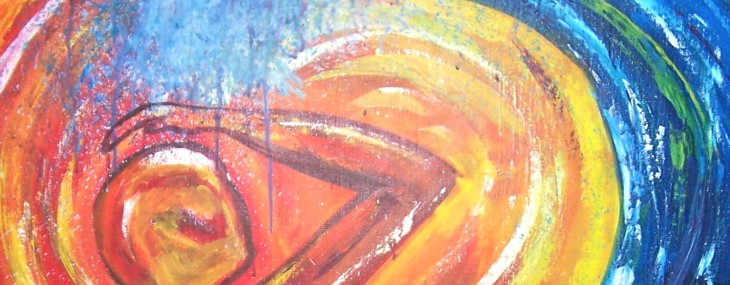Last week, I discussed the word “bemoan” – a normal response to pain. Especially stored-up pain. To fully understand the next several posts, you may need to go back and read it.
The second word, of the three that God gave me in the night, was “redress.” It means to set right, remedy, relieve distress, and bring correction or retribution. The words came initially as an enigma, because I was not in a thinking-them-up posture. I took notice though and searched them out, always valuing the possibility that God might speak to me.
 Two days later, God pried open a pocket of deep sorrow, and I cried my eyes out. It wasn’t a pretty sight. Some ugly words and thoughts surfaced. A pile of snotty Kleenexes. Puffy eyes. Embarrassment. A deep ache in my chest.
Two days later, God pried open a pocket of deep sorrow, and I cried my eyes out. It wasn’t a pretty sight. Some ugly words and thoughts surfaced. A pile of snotty Kleenexes. Puffy eyes. Embarrassment. A deep ache in my chest.
It had to do with not feeling “place.” God wanted to redress that with me.
Let me explain.
Years ago, Gordon Dalbey, a wonderful teacher and author, prayed with me. He said a spirit of abdication had formed over my life since childhood. Abdicate means to renounce or relinquish a throne, right, power, claim, responsibility, or the like. “God wants you to take your rightful place,” he said.
In our youth, we all form a sense of self. Though I had stable and loving parents, by nature I was a shy and quiet girl. I learned what to say and do by taking cues from others. It was fertile ground for codependency.
While that is a natural response, maturity should bring a sense of self that is healthy, robust, and has boundaries. But I didn’t know the line where other people ended and I began. It seemed far easier to adapt myself to others. For years, I fostered a mirage of unity by playing the game of peace-at-any-price. I submerged myself to fill the gap of differences—an illusion of intimacy.
My fear was this—if I live fully alive, sparks will fly.
Self-discovery came slowly and later in my life.Continue reading












